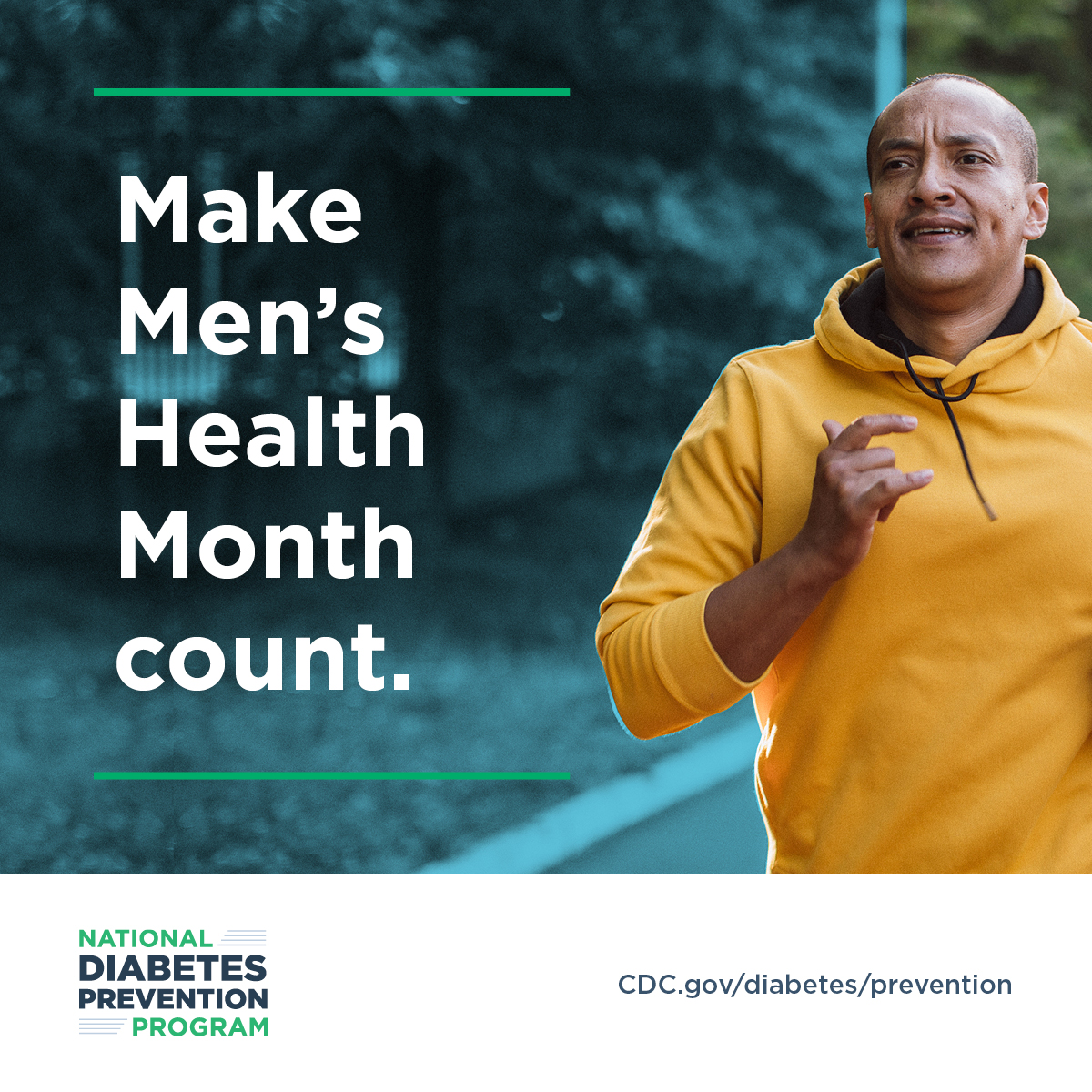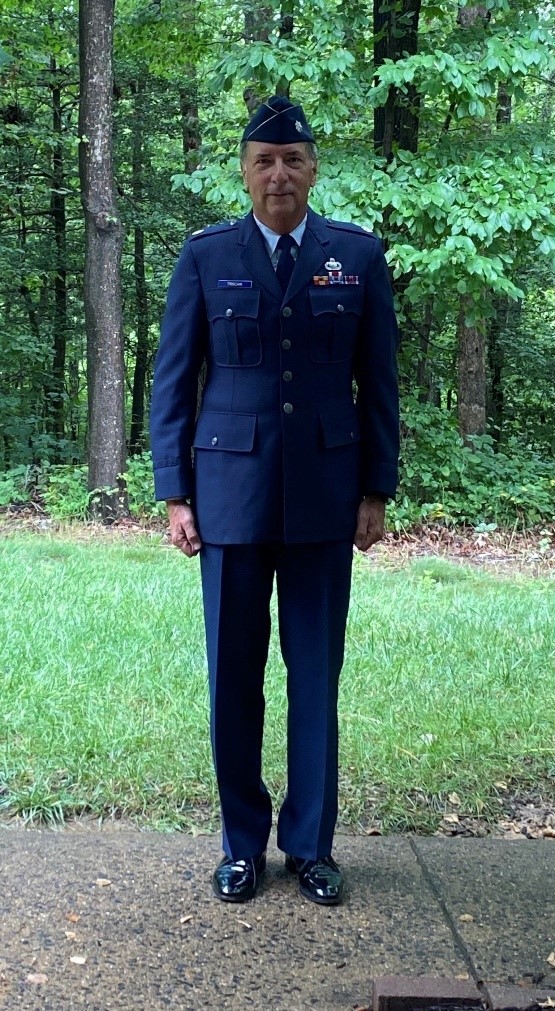 June is Men’s Health Month, and we encourage all men to talk to their doctors about their risk for developing type 2 diabetes. When Tom Triscari visited his doctor for a yearly checkup in December 2019, he didn’t know what an A1c level meant. He soon learned it measures your blood sugar levels over the past 3 months, and his were higher than normal, meaning he was at risk for developing type 2 diabetes.
June is Men’s Health Month, and we encourage all men to talk to their doctors about their risk for developing type 2 diabetes. When Tom Triscari visited his doctor for a yearly checkup in December 2019, he didn’t know what an A1c level meant. He soon learned it measures your blood sugar levels over the past 3 months, and his were higher than normal, meaning he was at risk for developing type 2 diabetes.
Taking the Step Towards Better Health
Tom says his doctor encouraged him for years to make healthy food choices, but it was hard for him to follow through on the suggestion. He recalls frequent visits to a favorite restaurant with his coworkers where “the portions were crazy, and the bread was wonderful.”
Though wonderful, these more processed foods—and others high in sugar, fat, and salt—caused some health problems for Tom, including weight gain, high blood sugar, and prediabetes. At the suggestion of his doctor, he enrolled in the Centers for Disease Control and Prevention’s (CDC) National Diabetes Prevention Program (National DPP) lifestyle change program like the one offered by Whatley Health Services.
The lifestyle change program connects participants—many of whom are men like Tom—to a Lifestyle Coach who helps them learn to eat healthier, exercise more, and manage stress to reduce their risk of developing type 2 diabetes. The goal is to improve participants’ health so they can be there for what matters most in life, like staying strong for work, spending time with family, and enjoying hobbies.
Setting Goals, Peer Support, and Staying Motivated

Tom is back in his uniform after 25 years, thanks to his success with CDC’s National DPP lifestyle change program.
As a former military serviceman, Tom always enjoyed exercise, and the program helped him make physical activity a priority and get back into a healthier routine. With the help of his coach, he set goals to get moving and lose weight.
“Because of the program, I have exercised for at least 30 minutes for more than 350 consecutive days. It’s crazy!” he says, laughing about how competitive he can get with himself and how he doesn’t want to break his streak.
Tom shares that his Lifestyle Coach, Lori, and the positive peer support from other participants really motivated him to reach his personal health and activity goals.
“Having a weekly meeting is both supportive and holds you accountable,” he says. “Having to report back not just to Lori but also to your peers—it’s peer pressure in a positive way.”
For Tom, the benefits of the program were obvious. He was able to lower his blood sugar levels, lose 35 pounds, exercise more regularly, and consistently add more fruits and vegetables to his diet. Tom was even able to fit back into his military uniform after 25 years, which to him was the most meaningful reward of all.
“It’s the complete program that makes the difference,” he says. “It’s not just about exercise. It’s about understanding what’s good to eat and all the stuff that comes up with stress and how to take care of your heart.”
Celebrating the Men in Our Lives
What better way to celebrate Men’s Health Month than to learn how the lifestyle change program, such as Change Your Lifestyle. Change Your Life. (CYL2), could support your health! Learn how to get active and eat healthier so you can continue to do what you love without worrying about health problems from prediabetes slowing you down.
In June, we especially celebrate the men in our lives, though we are grateful for them every day. Reducing your risk for type 2 diabetes helps your family and friends enjoy time with you for many years to come.
Learn more about the CYL2 program at https://whatleyhealth.org/cyl2/.
